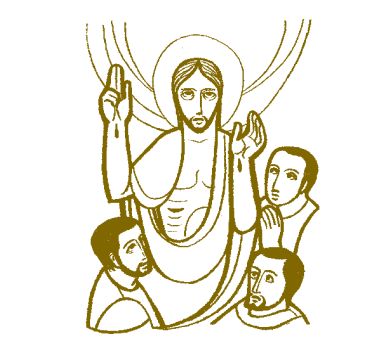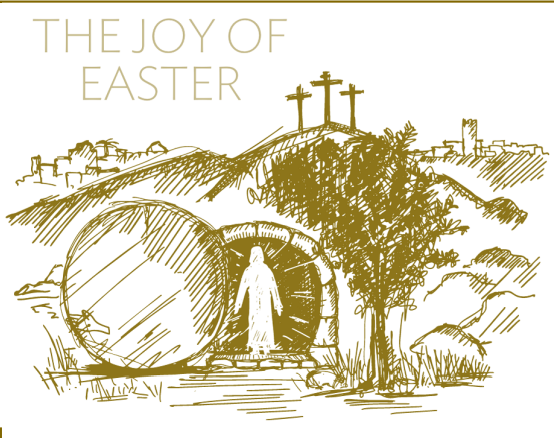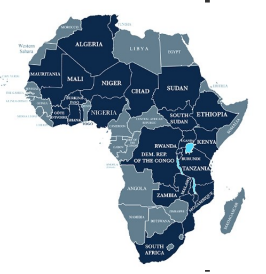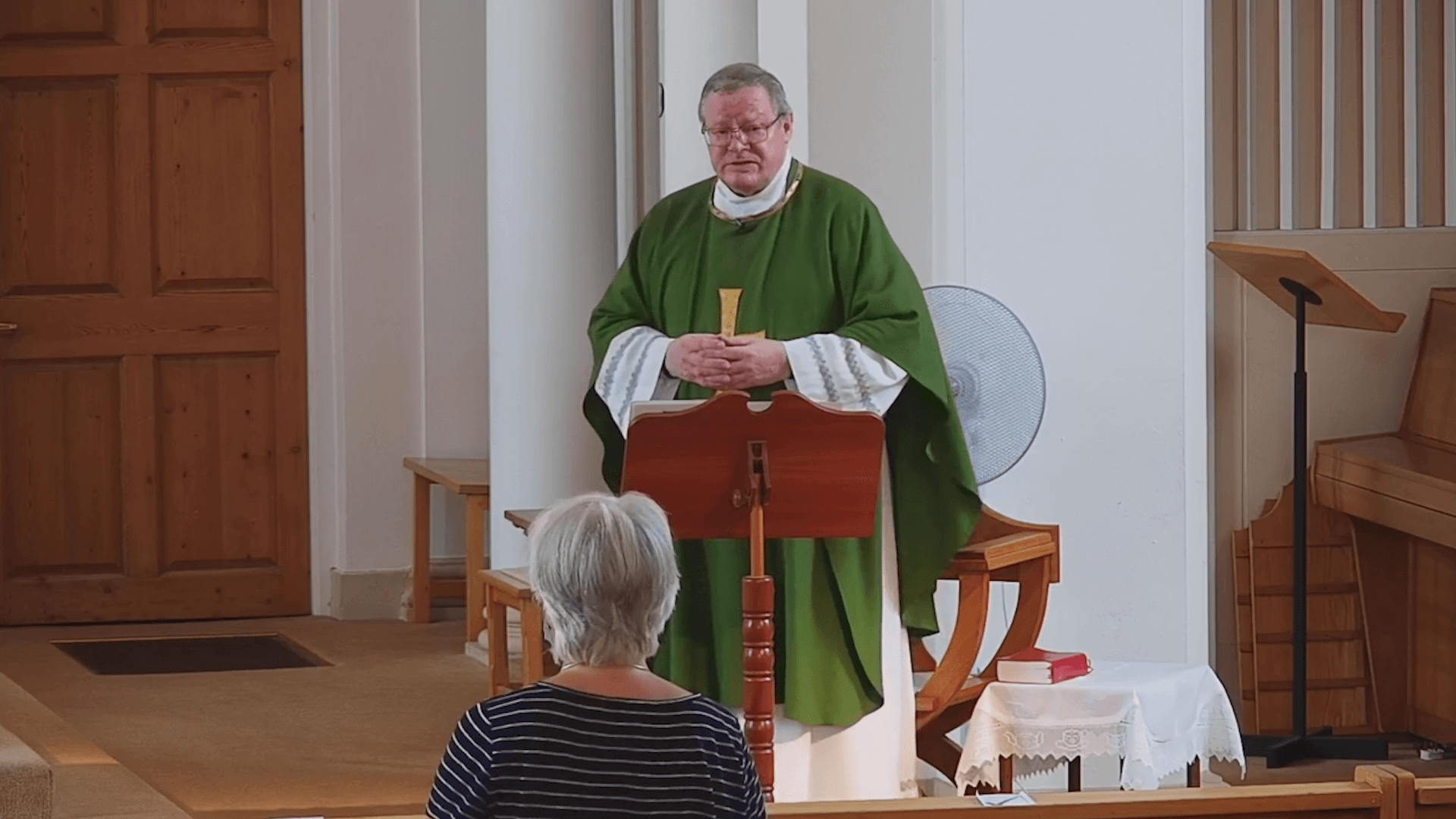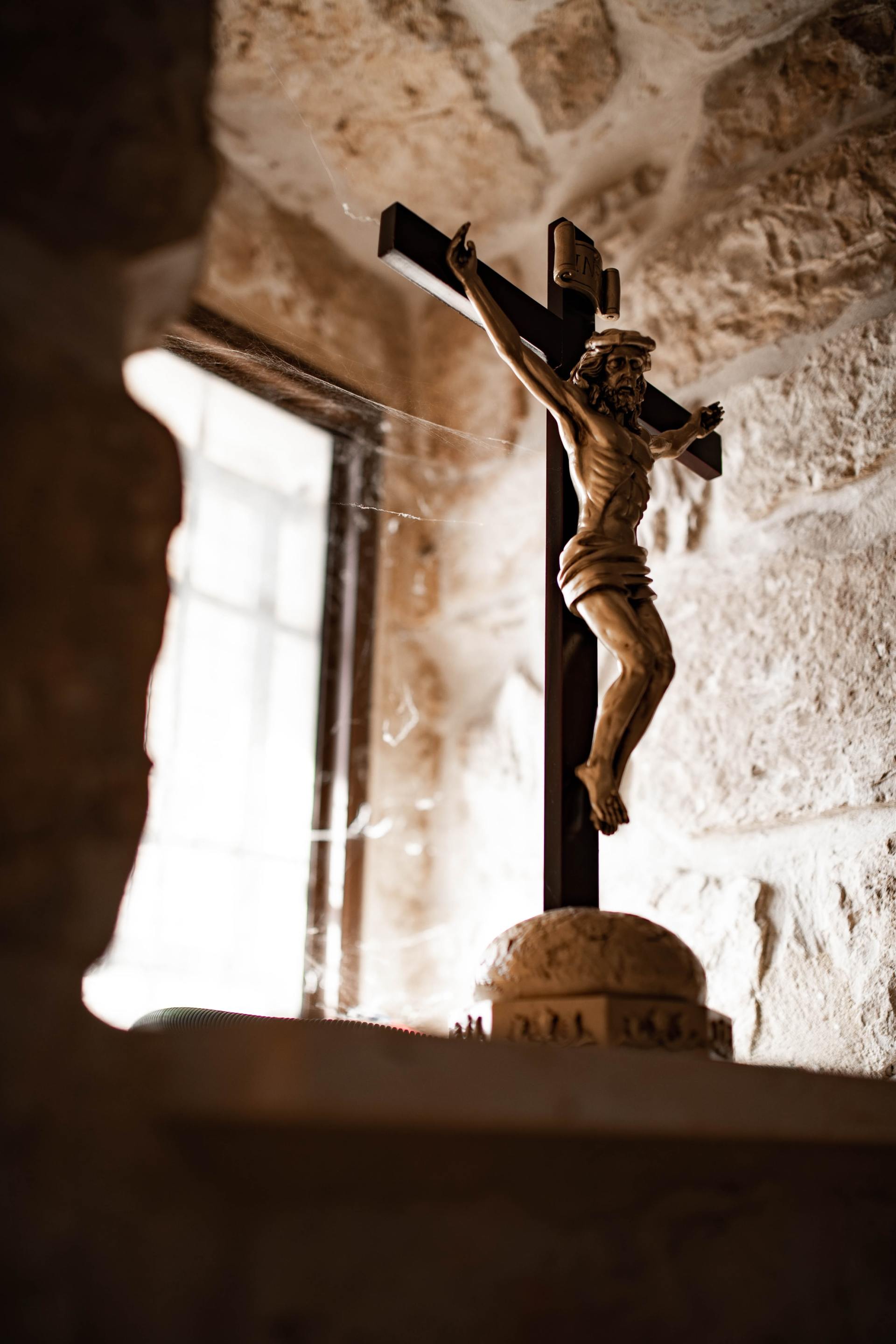Praise or critique . . .(Thirty second Sunday of Ordinary Time year B)
Widows were easy to overlook in Jesus’ time. Because women were mostly viewed as the property of their fathers until their marriages, when they were “transferred” to their husbands, becoming a widow put women on the vulnerable fringe of society. Without any formal education or way to make a living for themselves, they fell into poverty. Unfortunately, it was easy for others to take advantage of them because of their lack of education and status. At first it may seem as if Elijah was taking advantage of the foreign widow who was near starvation in the first reading, but in the end, he rewards her generosity so that she and her son survive the drought and famine in her land.
Is it a surprise then that Jesus praises the poor widow in the Temple - just like his Father who shows special concern for the widows, orphans, and strangers of the Old Testament - while critiquing the scribes and the rich? Like the widow in the first reading, this woman contributed “all she had, her whole livelihood” (Mk. 12:44) to the temple treasury (think “parish offertory basket”).
We may read Jesus’ comment two ways. He may have been praising the widow’s generosity because she offered all that she had to God. Or he may have been using his comment as a criticism of the abusive tax laws that the wealthy imposed on the poor. Jews in his day owed triple taxes: to Rome (the occupying country), Herod (the Judean king) and the Jewish Temple (for its upkeep and the financial support of the priests). What the rich people contributed to the temple treasury left them plenty to live on comfortably. What the widow was required to give cost her the equivalent of her rent and groceries. Jesus saw and understood this systemic injustice and called it out for what it is.
Questions of the week
What systemic injustices between rich and poor do you see still playing out today - in society as a whole or in religious institutions?
How do you decide how much money to donate to charity (your church and other organizations)? Are you comfortable with your decision, or are you being invited to re-evaluate it?
